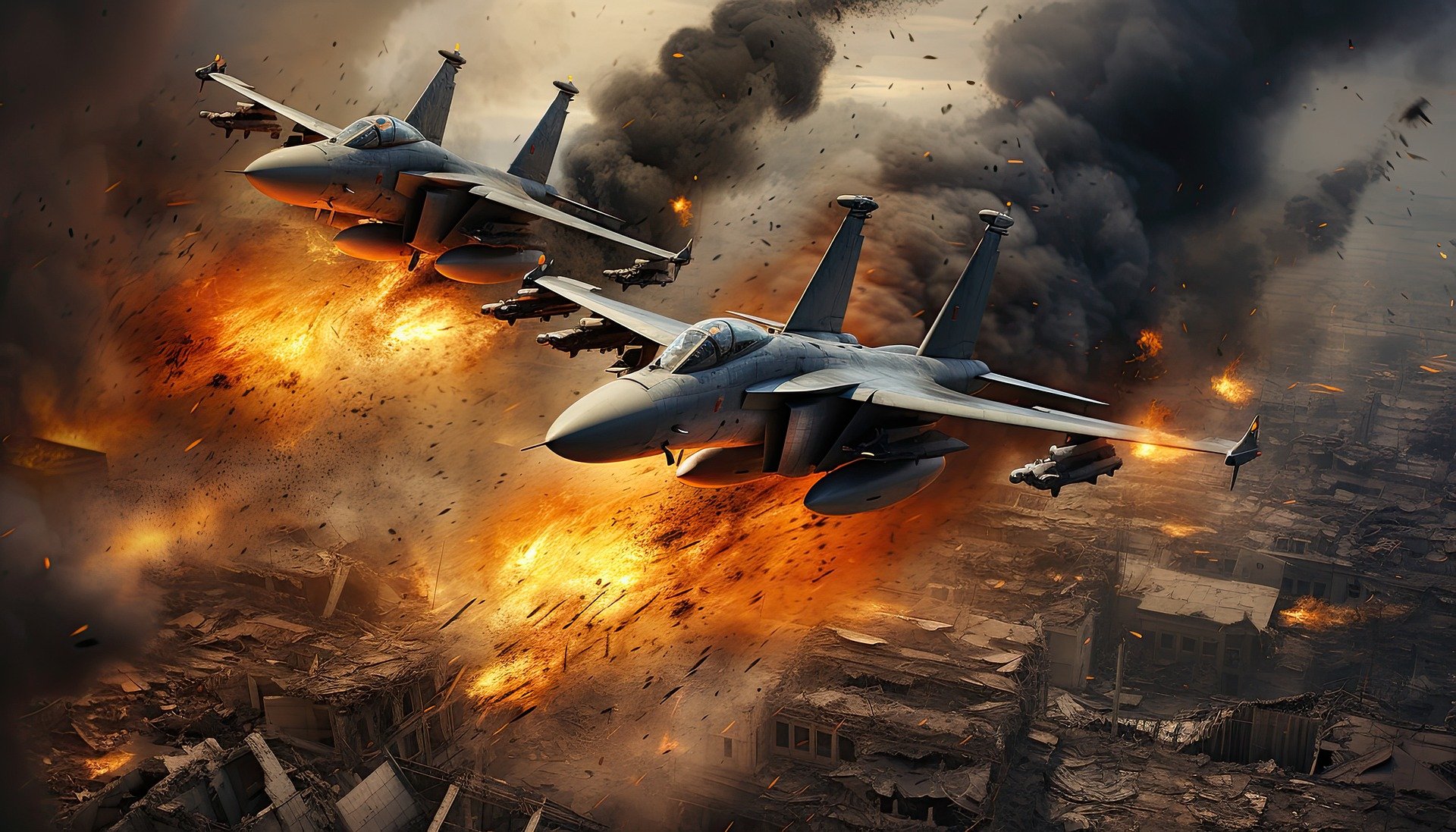In recent days, tensions between Iran and Israel have surged, sparking concerns of a potential Iran-Israel war. The conflict has seen a series of retaliatory strikes, drone attacks, and political posturing, making it essential to understand the events leading up to this critical juncture. Here’s a comprehensive update on the unfolding situation.
Table of Contents
Iran Israel War Recent Escalation
Israeli Retaliation
Israel reportedly carried out airstrikes against Iran in retaliation for Iran’s drone and missile attacks. ABC News, citing a US official, confirmed these strikes. Notably, the strikes targeted sites near military and nuclear facilities in Iran.
Iran’s Response
Following Israel’s airstrikes, Iran’s air defense batteries were activated. Flight operations in several Iranian cities, including Tehran, Shiraz, and Isfahan, were briefly halted but later resumed. Iranian Foreign Minister Hossein Amirabdollahian stated that Iran was investigating the attack, downplaying its significance and denying any link to Israel.
⚡Iranian FM Abdollahian:
— Current Report (@Currentreport1) April 20, 2024
If Israel wants to do another adventurism and acts against the interests of Iran, next response will be immediate and at maximum level.
—Reuters pic.twitter.com/ylPPdetmfv
The Background
Origins of the Conflict
The recent flare-up began with a presumed Israeli airstrike on Iran’s embassy compound in Damascus on April 1. This attack resulted in several Iranian officers’ deaths, including a top general. Iran responded with a drone and missile attack on Israel on April 13, marking the first direct military assault on Israel by Iran.
Israel’s Stance
Israel had previously vowed retaliation for the April 13 attack. Prime Minister Benjamin Netanyahu emphasized Israel’s commitment to defeating the “terrorist axis” in Gaza and repelling threats, including those from Iran.
Which country is a “nightmare” for Israel?
— S p r i n t e r F a c t o r y (@Sprinterfactory) April 20, 2024
– The journalist asked a question:
"Who does Israel see as its 'nightmare'? Name the three countries in order."
– Netanyahu replied: “Iran, Iran, Iran.”
– Journalist: “Why Iran?!”
– Netanyahu: “Because Iran is becoming a strong… pic.twitter.com/ZR9MDv88JJ
Global Reactions
US Involvement
US Secretary of Defense Lloyd Austin held talks with Israeli Defense Minister Yoav Gallant, discussing regional stability and Gaza developments. However, the Biden administration refrained from commenting directly on the Israeli strikes.
International Appeals
World leaders have called for de-escalation and calm following the suspected Israeli attack in Iran. The United Nations Security Council has been urged to pass a binding resolution for an immediate ceasefire in Gaza and the broader region.
Implications and Analysis
Military Dominance and Capabilities
Israel’s precision strikes near Iran’s key military and nuclear sites highlighted its military dominance over Iran. Despite Iran’s activation of air defense systems, Israel’s strikes met little significant resistance, revealing insights into both nations’ military capabilities.
Potential for Peace
Some analysts see a silver lining amid the tensions. There’s a call for the UN Security Council to demand an immediate ceasefire, potentially paving the way for international recognition of Palestinian statehood and a political solution satisfying legitimate Palestinian aspirations.
Conclusion
The Iran-Israel war, while contained for now, represents a significant escalation in the longstanding rivalry between the two nations. As global leaders appeal for calm and de-escalation, the world watches closely, hoping for a peaceful resolution to prevent further conflict and instability in the Middle East. Stay tuned for more updates on this developing situation.
Stay informed with our latest updates on the Iran-Israel war and its global implications.
